
How to Get Free UCL/UWCL Hero in EA Sports FC 24
How to get your free UCL/UWCL Hero pre-order pack in FC 24 Ultimate Team and the best players to pack from the set.
2023-11-28 01:21
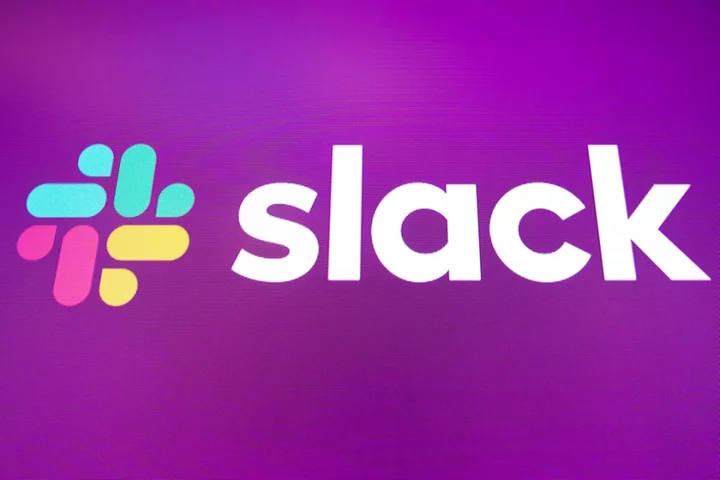
Slack down: Work chat app goes down as the working day begins
Slack, the workplace chat app, has stopped working for some of it users. Users saw an array of error messages, indicating that “something went wrong”. Slack’s status page showed that the site was up as usual, and that it was not aware of any problems. But a wide array of users reported problems on Twitter, and tracking website Down Detector showed a large outage.
2023-10-06 17:20
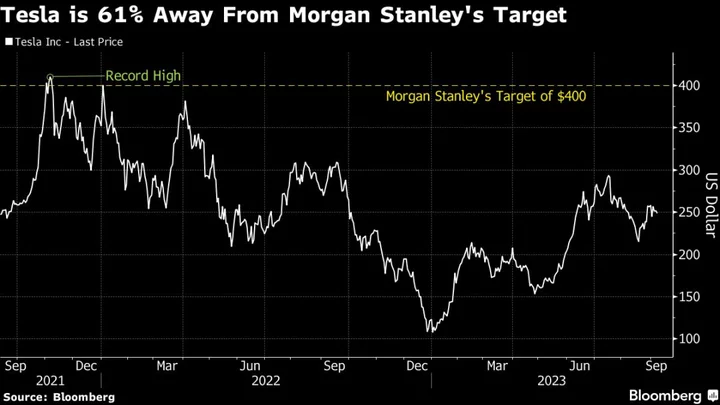
Tesla to Surge Thanks to Dojo Supercomputer, Morgan Stanley Says
Tesla Inc.’s Dojo supercomputer may add as much as $500 billion to the company’s market value through faster
2023-09-11 12:59
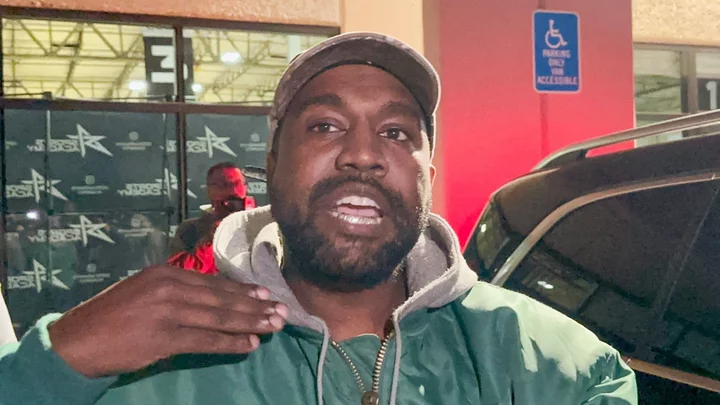
Elon Musk's X, formerly Twitter, reinstates Kanye West's account
In yet another instalment of decisions-that-seem-destined-to-end-badly, Elon Musk's X, formerly known as Twitter, has reinstated
2023-07-31 17:54

WHOOP Unlocks Doors at New Global Headquarters in Boston at “One Kenmore Square”
BOSTON--(BUSINESS WIRE)--Jul 13, 2023--
2023-07-13 21:25

Veero™ Adds Segment Height to EyeSize Eyewear Fitting Solution, Provides Precise Measurements to Properly Fit Progressive Lenses
BOSTON--(BUSINESS WIRE)--Aug 8, 2023--
2023-08-08 22:21
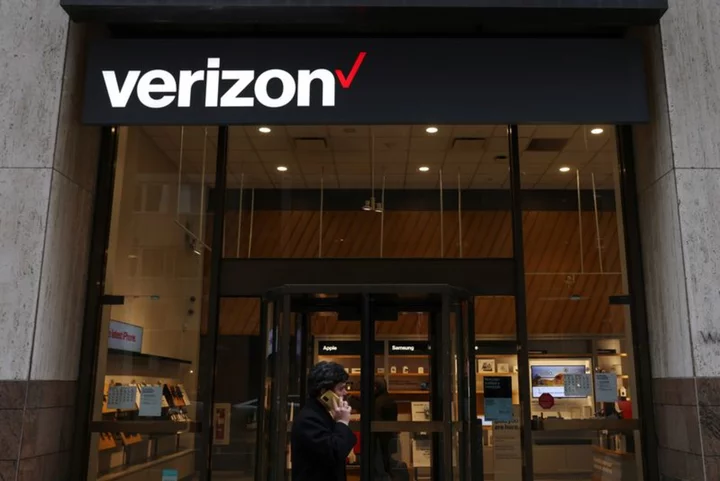
Verizon warns customer service employees of impending layoffs- The Verge
Verizon Communications Inc held a meeting with customer service employees to notify them of upcoming "restructuring" and "streamlining"
2023-05-25 05:49

Score lifetime access to 10TB of cloud storage for under £80
TL;DR: A lifetime subscription to Prism Drive Secure Cloud Storage (10TB) is on sale for
2023-05-12 12:50

This 56-year-old has taken China's college entrance exam for 27 years -- with no luck
Liang Shi, 56, has by many measures led a successful life. He worked in various different industries, eventually opened his own business, got married and had a son.
2023-06-27 08:27

This $150 golf watch could help you score low
TL;DR: As of August 4, you can get the GOLFBUDDY Aim W10 GPS Golf Watch
2023-08-04 17:48

Joe Biden forgives $39 billion in student loan debt
The relief will help some 800,000 borrowers enrolled in income-driven repayment plans, officials say.
2023-07-14 23:58
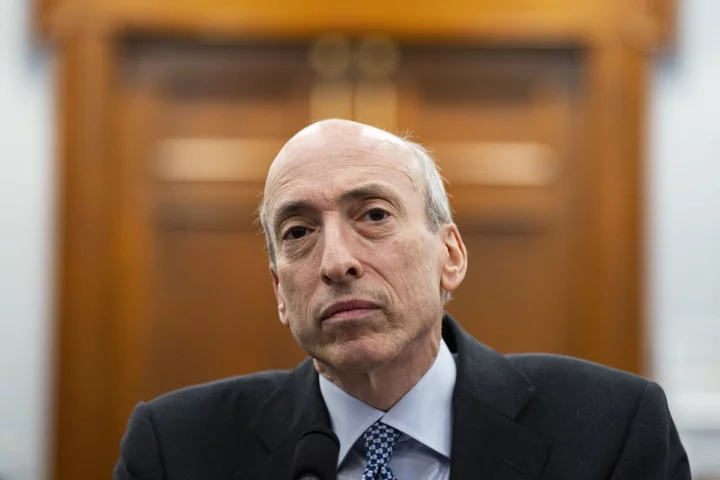
Gensler Claims More Crypto Turf in Washington as Dissent Dithers
Gary Gensler’s Securities and Exchange Commission is filling the crypto regulatory void, and the industry and its backers
2023-07-11 18:28
You Might Like...
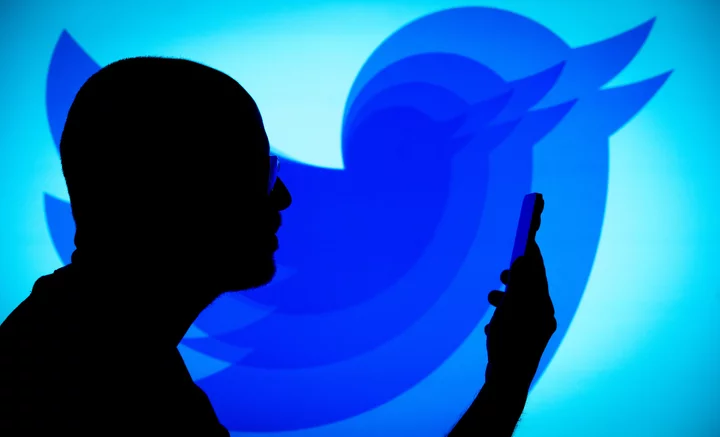
Twitter now blocks visitors from viewing tweets, and profiles unless they're logged in

UN nuclear watchdog report seen by AP says Iran slows its enrichment of near-weapons-grade uranium

UK Pledges Crackdown on Harmful Ads on Google, Other Web Platforms

BYD and Great Wall Motor locked in rare war of words over EV emissions
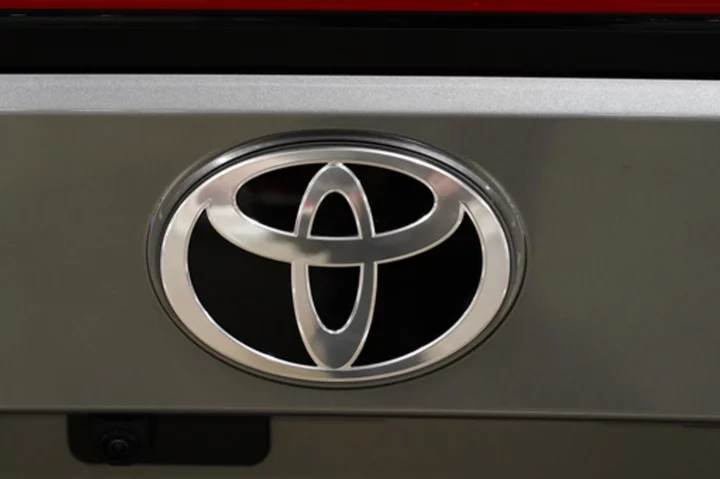
Toyota: Data on more than 2 million vehicles in Japan were at risk in decade-long breach

NYC Climate Protests Draw Thousands Ahead of UN Gathering
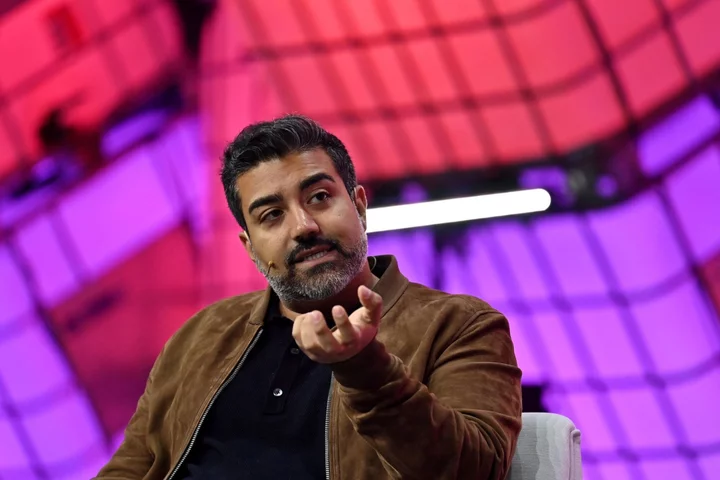
NBA Top Shot Creator Dapper Labs Cuts Jobs in NFT Downturn
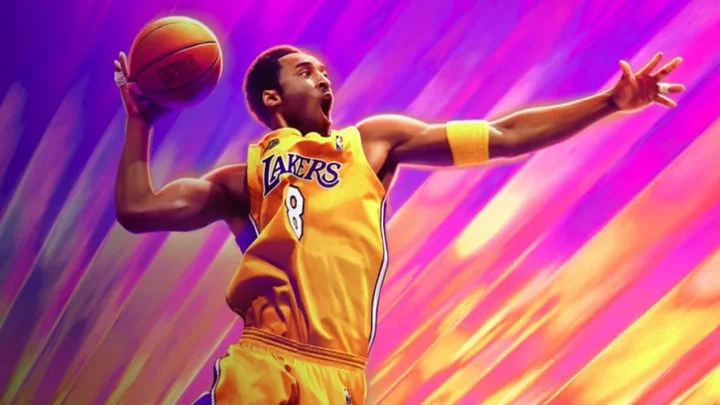
When is the NBA 2K24 Ratings Reveal?
